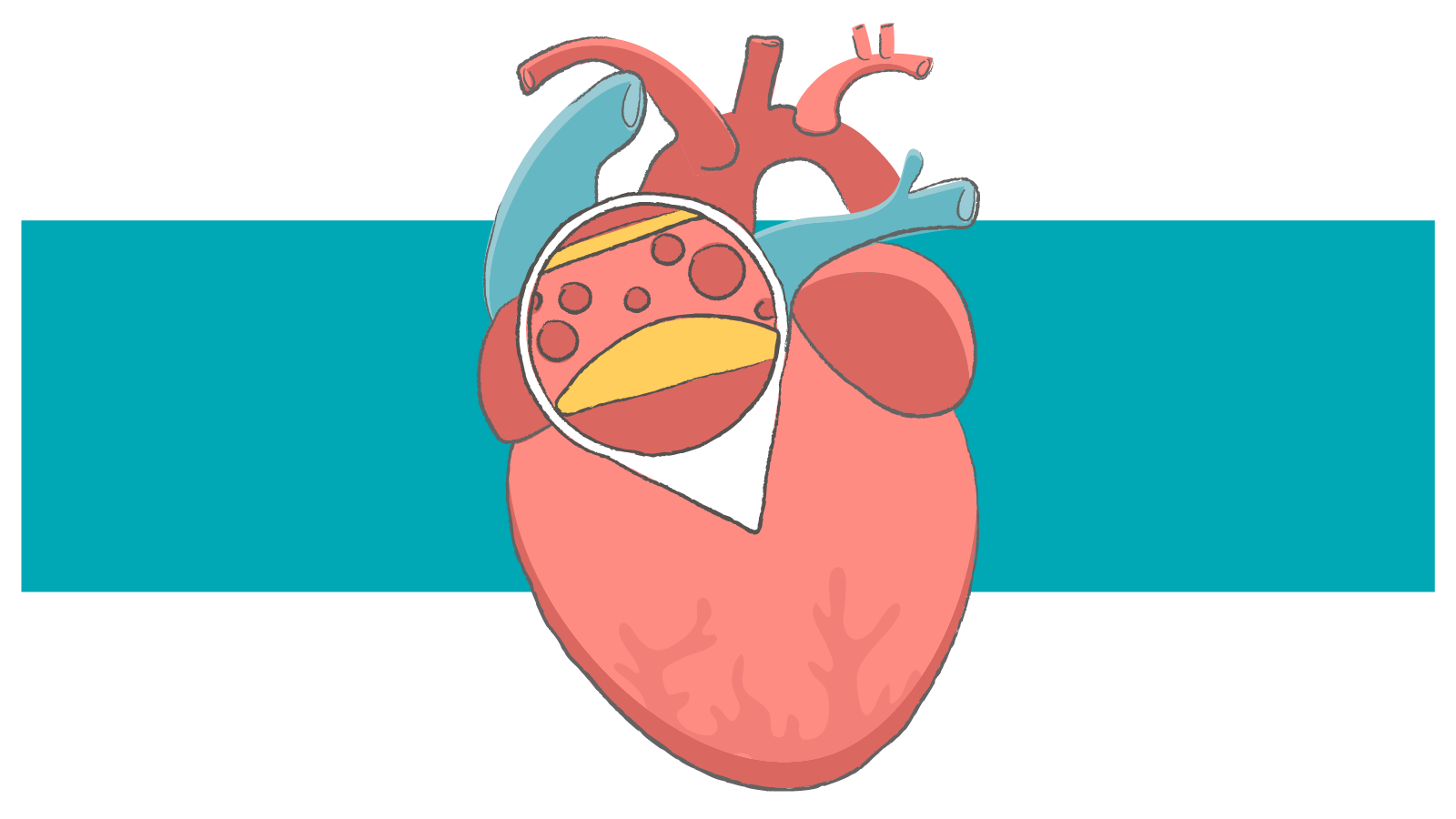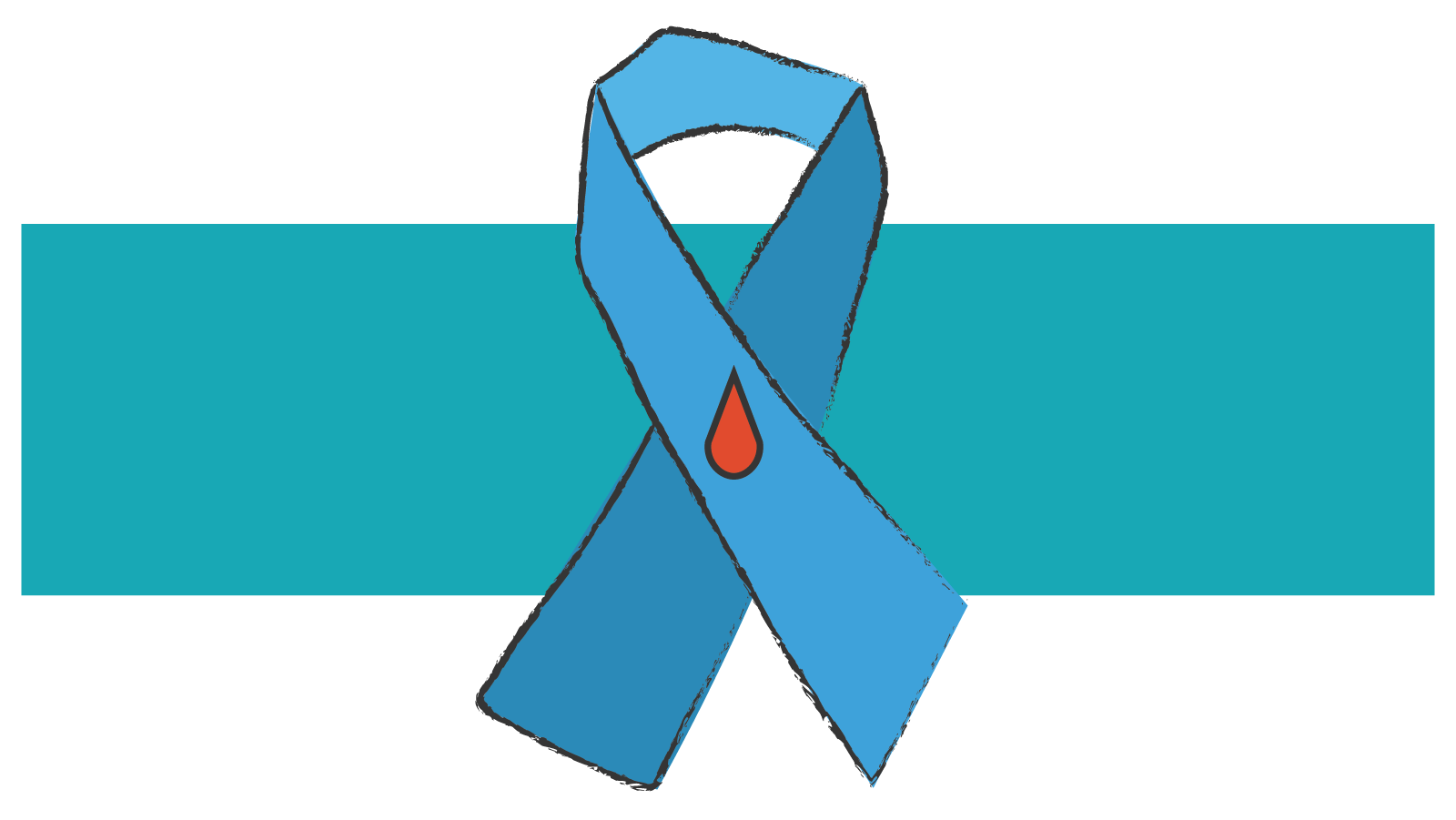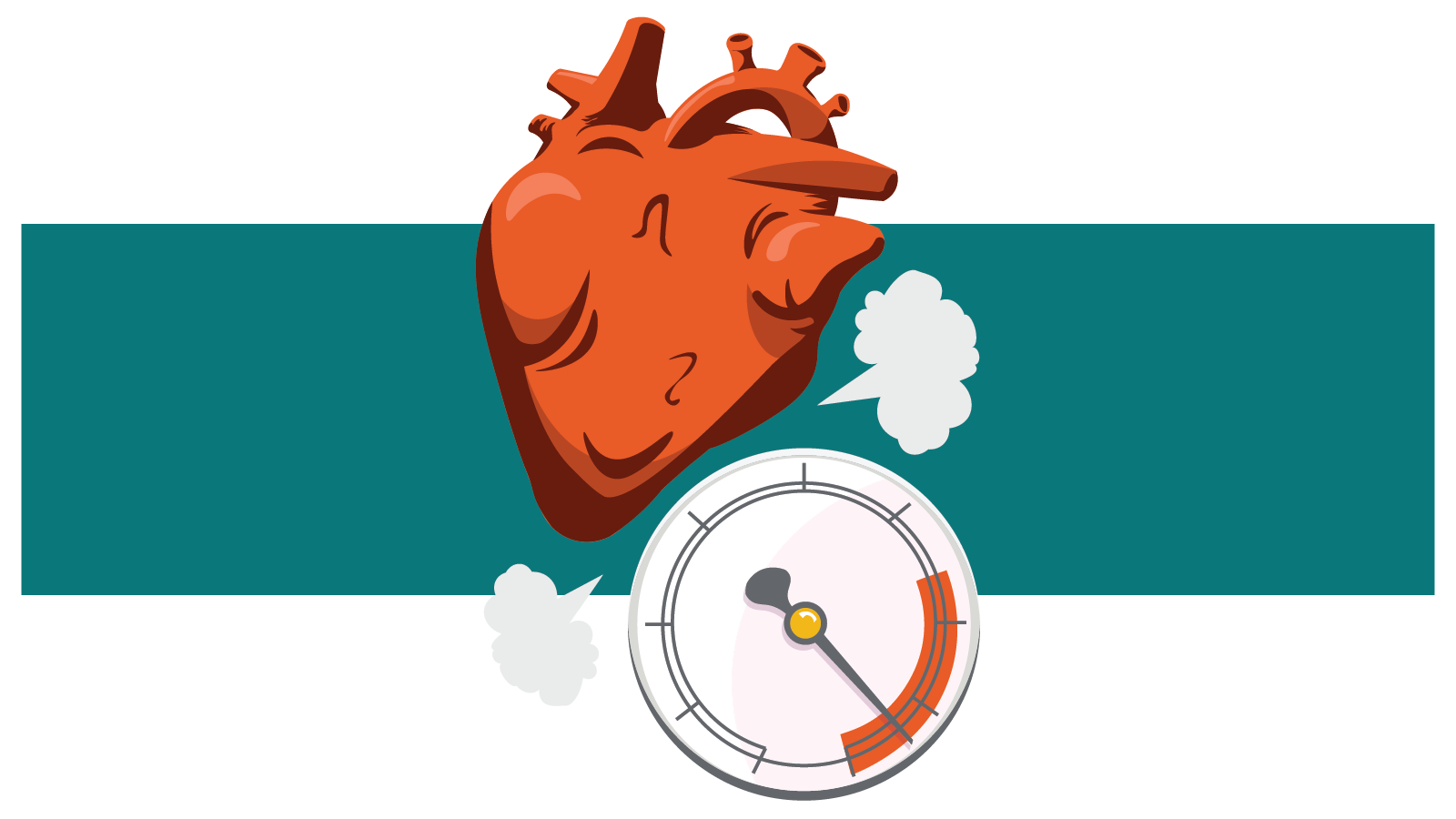Diabetes Awareness Saves Lives!
As the number of diagnosed diabetes cases reaches 37.5 million in the United States, people living with the disease are seeing hope for new and...

High cholesterol increases the risk of heart disease, the leading cause of death in the U.S.
Cholesterol is naturally occurring and plays an important role in the human body. However, if too much cholesterol is in the blood stream, it starts to build up on the walls of your blood vessels. Over time, this buildup narrows or blocks the blood flow to other parts of the body, including the heart.
There are two types of cholesterol:
In short, the “good” helps remove the “bad”.
As we age, our bodies work harder to prevent the buildup of cholesterol, leading to an increased risk of high cholesterol. Adults without existing heart disease, diabetes, or family history of high cholesterol should have a preventative screening every 4 to 6 years, but those who are at higher risk should be checked more frequently.
Some risk factors are uncontrollable such as:
But other risk factors might be more within control. Here are three ways you can help prevent high cholesterol.
According to the American Heart Association, reducing the amount of saturated and trans fats consumed can help reduce cholesterol. This means limiting red meats, processed foods, and foods or beverages high in sodium or sugar.
Adding foods rich in soluble fiber and omega-3 fatty acids to the diet can help clear the body of cholesterol. These are foods such as: oats, whole grains, beans, nuts, and fatty fish (salmon, tuna, halibut, other seafoods including algae and krill, some plants, and nut oils).
These foods tend to satisfy as omega-3 fats within the beans, nuts, and fish work to reduce triglycerides in the bloodstream and improve heart health. Also known as polyunsaturated fatty acids (PUFAs), omega-3 fatty acids play a crucial role in brain function, as well as normal growth and development.
In addition to healthy foods, our bodies also need consistent physical movement. Since increasing your daily movement and eating a healthy diet can help maintain a healthy weight, it is obvious why doctors recommend both to manage cholesterol levels. Excess body fat can slow the body’s ability to remove the “bad” cholesterol from the bloodstream. For adults, here’s what the AHA recommends:
There are many ways to get moving!
Smoking damages blood vessels and hardens the arteries by decreasing HDL, while consuming too much alcohol can raise LDL levels. To work towards lowering your cholesterol, the CDC recommends quitting smoking altogether. The CDC also recommends limiting your alcohol to one drink per day for females and two drinks per day for males.
If you know you're at risk or want to learn more about your risk of developing high cholesterol, your Healthcare Highways Health Plan may cover care coordination services to help qualified members.
If you are a health plan member and would like to learn more about care coordination benefits, call us! Our Customer Experience Advocates team will help you find out if you qualify for this no-cost personalized service and connect you with the care you need. Check your Healthcare Highways Health Plan ID card for your Customer Experience Advocate team's phone number, or reach out online. We'll take it from there!

As the number of diagnosed diabetes cases reaches 37.5 million in the United States, people living with the disease are seeing hope for new and...

Hand over heart—when was the last time you checked in with your cardiovascular health? Checked your blood pressure? February is National Heart Health...